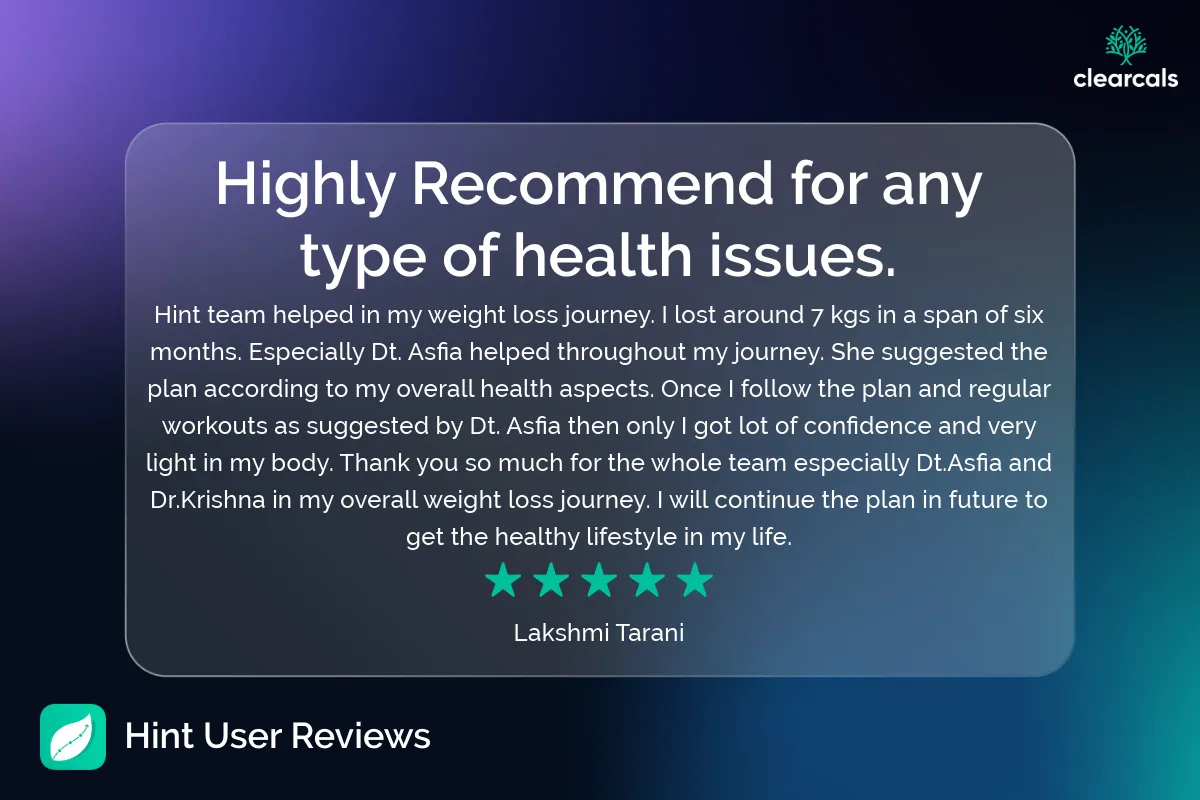Looking for an Indian Food Calorie Calculator?
Manage Heart Health with DASH and Dyslipidemia Diets

Cardiovascular diseases (CVDs) are the leading cause of death worldwide, responsible for more fatalities than any other condition.
These diseases encompass a variety of disorders affecting the heart and blood vessels, including coronary heart disease, cerebrovascular disease, peripheral arterial disease, and conditions like deep vein thrombosis and pulmonary embolism.
Heart attacks and strokes, which are the most severe manifestations of CVDs, typically result from a blockage in the blood vessels that supply oxygen to the heart or brain.
The primary cause of these blockages is atherosclerosis—the build-up of fatty deposits along the walls of blood vessels.
Atherosclerosis: The Silent Danger
Atherosclerosis progresses through multiple stages, from endothelial dysfunction (where the blood vessels fail to function properly) to plaque formation (the accumulation of cholesterol, white blood cells, and other substances), and finally, thrombosis (a blood clot that blocks the flow of blood).
When left unchecked, these conditions can lead to heart attacks or strokes.
However, most of the risk factors for CVDs—such as hypertension, dyslipidemia, obesity, and poor dietary habits—are modifiable.1
By adopting healthier lifestyle choices, including proper nutrition and physical activity, individuals can significantly lower their risk of developing these life-threatening conditions.
The Role of Diet in Cardiovascular Health
One of the most effective ways to manage and prevent CVDs is through a structured, heart-healthy diet.2
Studies show that dietary interventions like the DASH (Dietary Approaches to Stop Hypertension) diet and the Dyslipidemia diet can help reduce the risk of cardiovascular diseases by improving key health markers such as blood pressure, cholesterol levels, and overall heart function.
The DASH Diet Plan, for instance, is specifically designed to lower blood pressure by emphasizing whole grains, fruits, vegetables, lean proteins, and healthy fats.
Similarly, the Dyslipidemia Diet Plan focuses on reducing bad cholesterol (LDL) while increasing good cholesterol (HDL) through balanced nutrition.
By following these diets, you can actively prevent the onset of atherosclerosis, reduce blood pressure, and improve lipid profiles, which are critical for long-term heart health.

Hint Pro: Your Personalized Diet for Cardiovascular Health
The Hint Pro subscription provides you with personalized DASH and Dyslipidemia diet plans tailored to your individual health needs.
Whether you're looking to lower your cholesterol or manage high blood pressure, these diet plans guide you through the right food choices to maintain a healthy heart.
With Hint Pro, you can unlock access to advanced nutrition tracking, making it easier to stay on top of your dietary goals and reduce CVD risk factors.
Consult with a Dietitian for Optimal Results
In addition to following a heart-healthy diet, consulting with a qualified dietitian is an invaluable step in managing and preventing CVDs.
Through the Hint Premium subscription, you can schedule unlimited consultations with experienced dietitians who specialize in cardiovascular nutrition.
These experts will help you develop a tailored plan that not only aligns with your medical needs but also fits your lifestyle.
By addressing factors like hypertension, dyslipidemia, and other modifiable risk factors, a dietitian can support you in achieving long-term cardiovascular health.
Evidence Supporting Heart-Healthy Diets
Numerous studies have demonstrated the benefits of diet in preventing cardiovascular diseases.
For example, a two-year Dietary Intervention Randomized Controlled Trial (DIRECT) showed that participants who followed a low-carbohydrate diet experienced the most significant weight loss, reduced triglyceride levels, and increased HDL cholesterol.3
Another study by Cochrane found that consuming whole grains lowered both total and LDL cholesterol levels within just 4–8 weeks.4
Additionally, research by Dauchet et al. revealed that adding an extra serving of fruit each day can reduce the risk of coronary heart disease by 7%.5
These findings underscore the critical role that diet plays in cardiovascular health.
By following the DASH or Dyslipidemia diet plan available through Hint Pro and consulting with a dietitian via Hint Premium, you can take proactive steps toward preventing and managing cardiovascular diseases, ensuring a healthier future for your heart.
References
- Houston MC. Treatment of Cardiovascular Disease with Nutritional Supplements SM J Food Nutr Disord. 2016; 2(1): 1010.
- Benjamin EJ, Virani SS, Callaway CW, et al.; American Heart Association Council on Epidemiology and Prevention Statistics Committee and Stroke Statistics Subcommittee. e: A Report From the American Heart Association
- Weight loss with a low-carbohydrate, Mediterranean, or low-fat diet, Weight loss with a low-carbohydrate, Mediterranean, or low-fat diet Engl J Med. 2008 Jul 17; 359(3):229-41.
- Kelly SA, Summerbell CD, Brynes A, Whittaker V, Frost G, Wholegrain cereals for coronary heart disease, Cochrane Database Syst Rev. 2007 Apr 18; (2): CD005051.
- Dauchet L, Amouyel P, Hercberg S, Dallongeville J,, Fruit and vegetable consumption and risk of coronary heart disease: a meta-analysis of cohort studies, J Nutr. 2006 Oct;136(10):2588-93.






